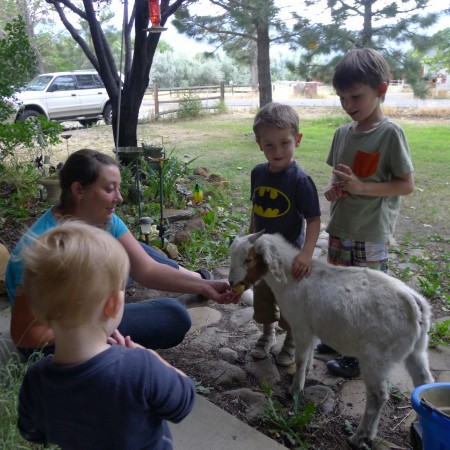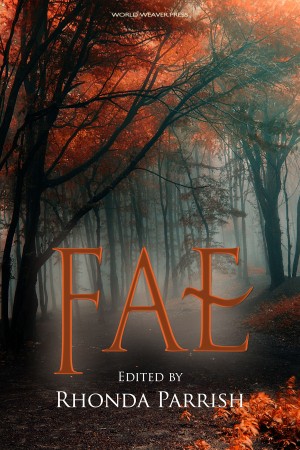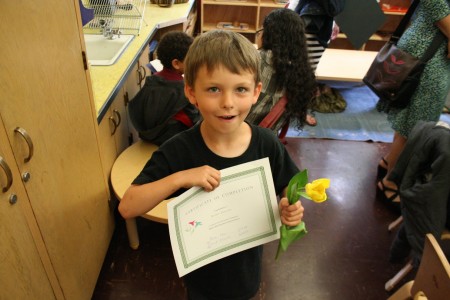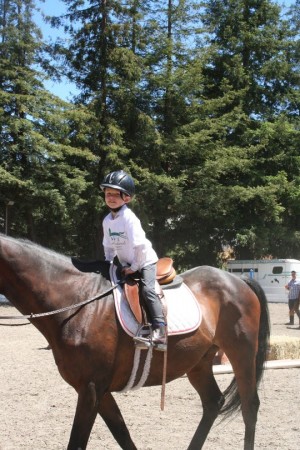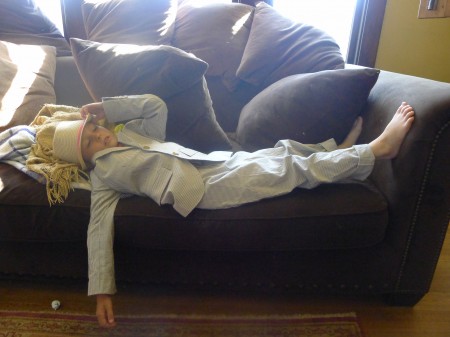Interview with Laura VanArendonk Baugh
I recently had the pleasure of a one-on-one conversation with Laura VanArendonk Baugh, whose story “And Only the Eyes of Children” is included in the Fae anthology. Laura’s story is a modern-day urban fantasy piece featuring a rather terrifyingly skilled “Robin Archer” in service to Titania, seeking stolen children. It’s fast-paced, snappy, and filled with the local color of its Indianapolis setting.
I’m posting my side of the interview here, and Laura will be posting her questions—along with the answers I gave—to her blog on Monday.
Robin’s world is filled with the kind of specific, convincing detail that makes it feel like a snapshot of a larger setting. Although your story stands alone, do you plan to explore this character further?
I wrote it as a standalone one-shot, but I have to say that the idea kind of grew on me, and now I have a few ideas jotted down for future Robin stories. And I’ve even started the next one!
References to A Midsummer Night’s Dream are woven through the story. Can you say a little bit about what that play means to you—when you first read or saw it performed, and how Shakespeare has influenced your writing and imagination?
I really can’t think of when I first saw A Midsummer Night’s Dream, except I remember it referenced when a man dressed as Shakespeare to talk to our elementary school. I remember bits and pieces of his presentation, including his explanation of a play in which a man played a wall and had to make a hole in the wall with his fingers. (Also he made a bad pun about Queen Elizabeth caking on seven layers of white makeup and a seven-layer cake. Why do I remember bad puns from school assemblies, but not that I needed eggs while I was at the grocery?)
But a more recent production definitely influenced “And Only the Eyes of Children.” One of my favorite actresses played Queen Titania, and while I’ve always thought Titania’s character a bit of a sap—let’s be honest, that subplot is one of Shakespeare’s weaker efforts—seeing Jennifer Johansen’s take made me consider her anew. What if Jennifer were free to play her like she played some other characters, from tough-as-rattlesnakes villains to gothic mistresses? What if Titania got a bad write-up in Midsummer but some unconcealable truths, like her love of children, showed through?
So I thought of a Faerie Queen in the older, darker sense, something made manageable in the reduced story of Titania’s pranking, and that became the Queen who charged Robin with watching over human children.
Both of our stories zero in on the “stolen child” aspect of fairy tales, and in a way both of our stories offer a happy—or at least hopeful—view of fairy abductions. If a fairy offered to take you “to the woods and waters wild,” would you go?
Ooh, a good question….!
I think I’d have to be pragmatic and say no. At this point in my life, I have too much here I don’t want to lose—everything from dreams come true (getting paid to make up stories!) to an awesome husband. (You have no idea how old and boring I feel, writing that.)
BUT, if we could work out a visitation deal, THAT would be a go. Then when life is getting all harried and full of hassle, I could just hop over to the fae world and wait for things to blow over. (And given the fabled slippage of time between our world and theirs, that might be a very effective solution, indeed!)
I agree with Laura: I wouldn’t go, but I’m sure the missed opportunity would haunt me forever.
What about you?
